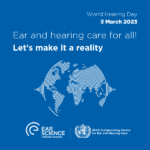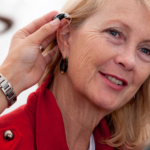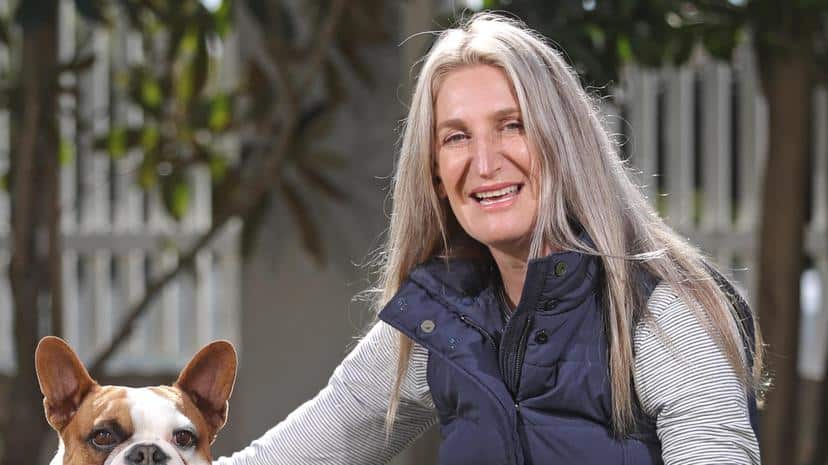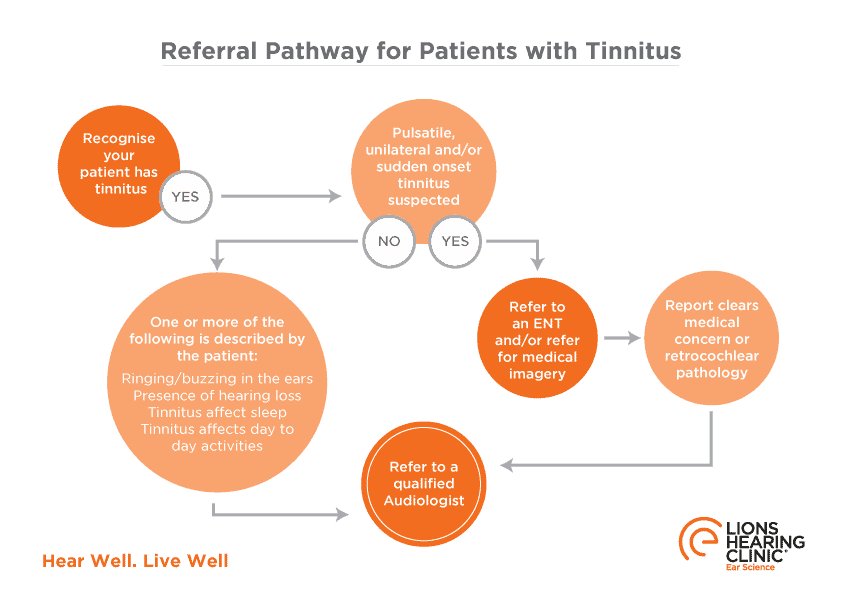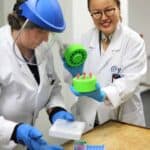Extending the boundaries – 2013
30 October 2013
Rural residents across Western Australia have participated in a series of expert educational seminars provided by the Ear Science Institute Australia, as part of its Extending the Boundaries program aimed to support regional health efforts and bridge the ‘hearing’ health gap between rural and metropolitan.
Delivered by Lions Hearing Clinic audiologists on topics that included tinnitus, hearing aids and adult hearing loss, Ear Science utilised live streaming and video conferencing to broadcast seminars directly to community groups across 21 locations including Broome, Geraldton, Williams, Manjimup and Mandurah.
Rural and regional residents in WA were able to interact with the specialist audiologists from a Community Resource Centre (CRC) or from the comfort of their own home.
Winthrop Professor and Ear Science Director Marcus Atlas said the program was highly successful and feedback overwhelmingly positive, with residents prompted to seek further information and advice on a variety of issues relating to the prevention, treatment and self-management of hearing problems.
“The Walpole community was so receptive to the first day of seminars that they even hired a generator to continue streaming on the second day as the whole town was powerless thanks to huge storms in the area,” Professor Atlas said.
The Extending the Boundaries program is supported by Lotterywest and conducted with local partners; the Community Resource Centre (CRC) Network, Lions Hearing Foundation, Regional Lions Clubs, Women’s Health and Family Services and the Rural In Reach program.
In its inaugural year (following an effective 2012 pilot across eight communities), the programme is a massive boost for ear and hearing health in remote areas where standards have continued to dwindle well below the metropolitan population.
The Extending the Boundaries seminar series is just the first step in Ear Science’s vision to improve the ear and hearing health of remote communities, with a number of structures in place to provide ongoing support. These include an online Hearing Discovery Centre that serves as an interactive education portal for the rural and regional population.
“It’s no secret that remote areas continue to show poor outcomes in all aspects of health – particularly hearing health. While regional health professionals provide considerable resources, with very few specialist services located on the ground, timely attention to ear problems is often not available,” said Professor Atlas.
“Additionally, counseling services are virtually non-existent and access to hearing education is a significant concern because high costs mean educators are rarely sent to remote areas.
“By bringing the educators directly to these remote communities, we are hoping to bridge the significant gap in knowledge and resources because it’s not fair that sheer remoteness should deprive rural residents of equal health opportunities.
“Ear Science is dedicated to the ongoing delivery of services because our overall goal is to empower rural communities to be autonomous and self-sufficient.
“One-off seminars are very useful but given the remoteness barrier will always exist, we continue to explore sustainable ways for the community to take control of their own hearing health,” said Professor Atlas.
The seminars are modeled on Ear Science’s Hearing Awareness Week (HAW) program that reached hundreds of Western Australian residents in late August and has continued to grow in popularity since its inception in 2010.
###

